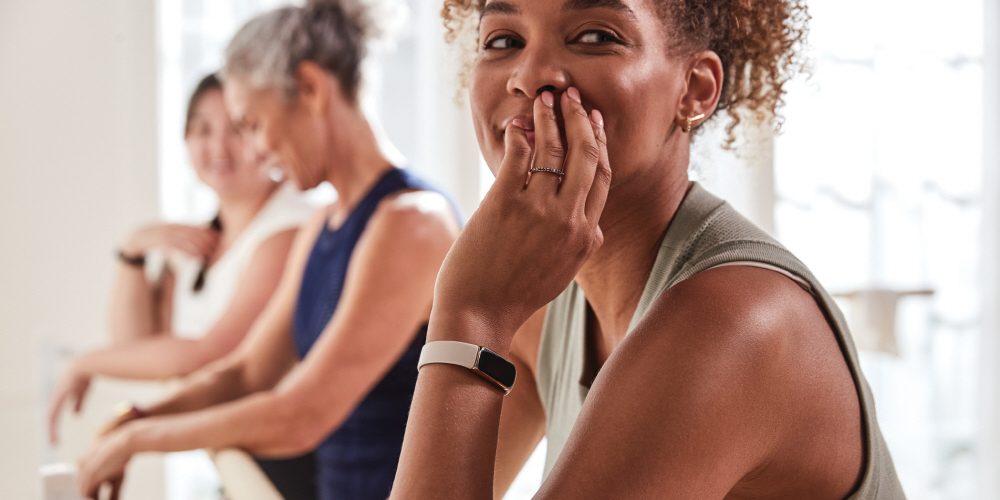
Since the spread of COVID-19 infection began, some studies have been conducted to investigate whether wearable devices such as Apple Watch can detect early symptoms of infection. And the long-term effects and sequelae on newly infected people are also being followed up according to the wearable device, and research results are being published that it may help the patient’s recovery.
The data based on the paper published in the medical journal (JAMA Network Open) was obtained from an experiment conducted by scientists at the Scripps Research Institute in California, USA. This test was conducted from March 25, 2020 to January 24, this year, and it is said that 37,000 people wearing Fitbit devices and Apple Watch participated and used the research app MyDataHelps.
Researchers participating in the trial reported that by combining data collected by wearables and patient self-reports in October, they could more accurately detect COVID-19 symptoms. The latest report also digs deeper into the data, focusing on the lasting health impact of recovering from an infection.
The focus is on Fitbit user data. It is indicated when a continuous change is detected. The resting heart rate variability of those infected with COVID-19 is much larger than with other viruses, and you can see more dramatic changes in walking or sleeping together.
In addition, it was also found that the resting heart rate decreases 9 days after the person first complains of symptoms after being infected with COVID-19. After that, the heart rate rose steadily for several months, and it took an average of 79 days for it to return to normal. In comparison, the group infected with a virus other than COVID-19 was only 4 days old. In addition, the level of sleep and physical activity was also reported to be slower for those infected with COVID-19 than those with other diseases.
Although this study focused on Fitbit data, the researchers say that the study is preliminary and opens up the possibility of more research in the future. Even if the COVID-19 infection ends in mild symptoms, there are reports that aftereffects such as fatigue, hair loss, taste abnormalities, and loss of appetite persist for a long time, so follow-up investigations and consideration may be required. Related information can be found here.


















Add comment